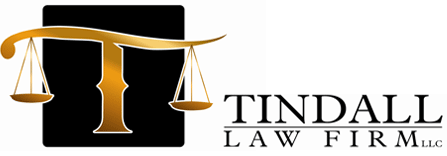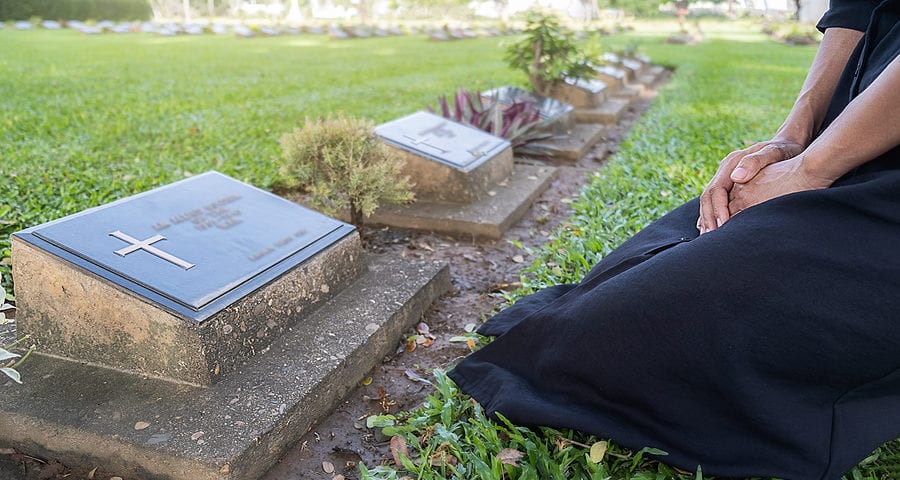A Wrongful Death Lawsuit
A Tradition of Excellence
 Sampling of Successful Case Resolutions
Sampling of Successful Case Resolutions
 Read our answers to some frequently asked questions.
Read our answers to some frequently asked questions.
Statement
 View Our Mission Statement
View Our Mission Statement

Horseplay, Personal Differences, and Injuries Sustained During Lunch Breaks Do Not Warrant a Civil Claim
February 27, 2015
Negligent Security
August 19, 2015A Wrongful Death lawsuit is a civil action against a person who may be held legally liable for the death of another party. If a person feels they have lost a loved one due to the negligence of a third party, a wrongful death attorney can evaluate the case and determine what damages are owed and to what extent based on wrongful death state law.
A wrongful death claim is a claim made against a person who can be held legally liable for another party’s death. A wrongful death lawsuit is a legal action in which a party, the plaintiff, alleges that their loved one lost their life as a result of the negligence of another party, the defendant. If the plaintiff prevails in their action against the defendant, proving the defendant was liable for the deceased party’s death, monetary damages will be awarded to the plaintiff and the defendant will be responsible for paying the damages.
Wrongful death is a term in civil cases. Criminal charges may be brought against a party who caused the death of another, but the term wrongful death is not generally used in criminal matters. A wrongful death lawsuit is a civil case that may supplement any criminal proceeding being filed against the party who caused the other person’s death. The wrongful death claim may be brought against an individual who is responsible for the death of another, but it may also be brought against organizations, municipalities, hospitals, jails, etc. who may share the responsibility.
Generally, state law usually allows only a spouse or child of a decedent to make a claim for wrongful death. CT law requires the claim to be brought by the executor or executrix or administrator or adminstratrix of a person’s estate that is appointed by the Probate court. CT law also allows a legally married surviving spouse to bring a claim that “piggybacks” off the claim for the decedent’s estate for the loss of their loved one. This is called a loss of consortium claim. Other states allow grandparents, and sometimes other relatives to make a claim for damages. Each state allows a period of time in which a suit must be filed for wrongful death. This is called the statute of limitations and it varies by individual state. Every state has its own elements of recovery for wrongful death. These elements should be known before a claim is made or a lawsuit initiated.
Wrongful death may be caused by a variety of factors. Automobile accidents, slip and falls, work related accidents, and medical malpractice are just a few of the potential causes of wrongful death. Every year over 90,000 deaths are attributable to medical malpractice and automobile accidents account for approximately 45,000 deaths per year in the US.
A wrongful death claim in CT will generally include an allegation that the decedent’s death was caused completely or partially by the negligent actions of the defendant and monetary damages should be awarded to the estate and if applicable a loss of consortium action for his or her spouse.
As indicated previously, the elements of recovery in a wrongful death lawsuit vary from state to state. CT’s wrongful death law focuses on damages solely from the perspective of the decedent through his or her estate. These damages are set by statute and include:
Economic damages of:
1) the reasonable and necessary medical and funeral expenses and
2) the value of the decedent’s lost earning capacity less deductions for (his/her) necessary living expenses taking into consideration that a present cash payment will be made and
Noneconomic damages of:
3) compensation for the destruction of the decedent’s capacity to carry on and enjoy life’s activities in a way that (he/she) would have done had (he/she) lived and,
4) compensation for the death itself, or
5) pain and suffering.
[The statute also allows damages for pain and suffering; however, due to the instantaneous death of the decedent (there is no claim made for pain and suffering in those instances)
In some cases where the actions of the defendant were grossly negligent or it was clear that the defendant’s actions would almost certainly cause injury or death, punitive damages may also be awarded.
If a plaintiff is successful in proving that the defendant’s negligence was in whole or in part the cause of the death of the decedent, a judgment will be rendered ordering the defendant to pay a specified amount of money in damages to the Estate of the decedent. Sometimes the amount of damages awarded is very high.
If a loved one has died due to the negligence of another party, you may be eligible for damages awarded as part of a wrongful death lawsuit. Contact the Tindall Law Firm at http://tindall-lawfirm.com/ or call 203-755-0018 today for your free case evaluation. Tavis Tindall is a PERSONAL INJURY LAWYER Seeking justice for Injury Victims and Their Families.











